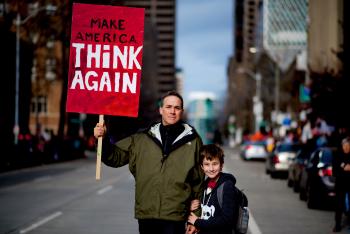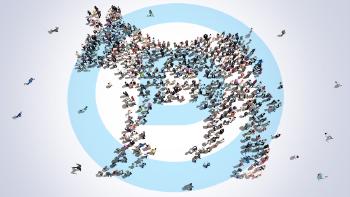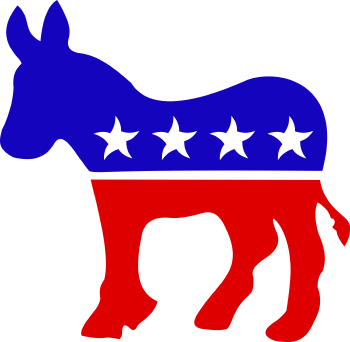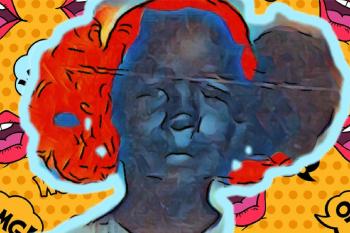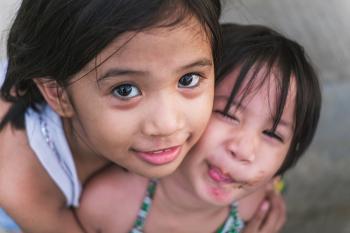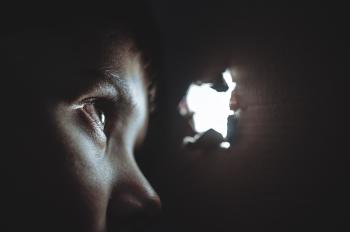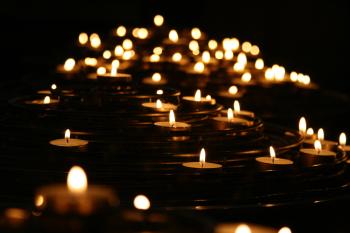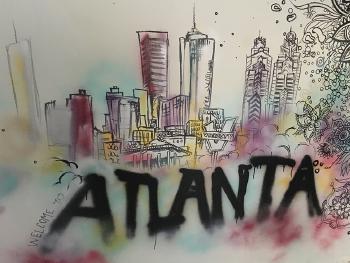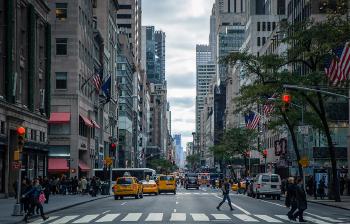Global Stats On Racism: Since Y2K
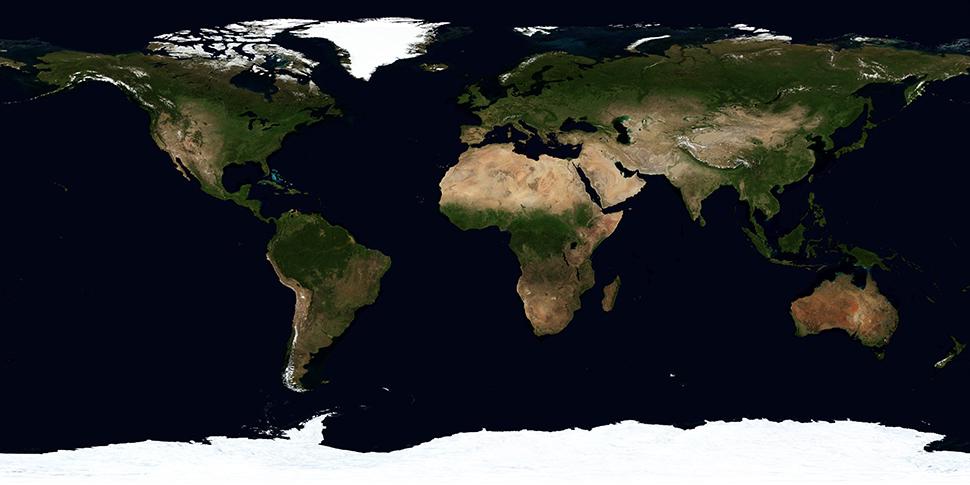

Staff Writer
Photo Credit: Sue Tucker
Jan. 2, 2018
Europe
In various places throughout Western Europe, in 2002, as Amnesty International highlights, there has been a rise in racist attacks and sentiments against both Arabs and Jews, in light of the increasing hostilities in the Middle East. Ethnic minorities and different cultures in one country can often be used as a scapegoat for the majority during times of economic crisis. That is one reason why Nazism became so popular.
Asia
In India, there has long been discrimination against what is considered the lowest class in Hinduism, the Dalits, or untouchables, as well as sectarian and religious violence. Although it has been outlawed by the Indian Constitution, the caste system was a way to structure inequality into the system itself. And while outlawed, the social barriers it creates is still prevalent in rural areas where most Indians live. It also features in the view of Hindu extremists and traditionalists. While this is not racism, technically — as people of all classes are of the same race — the prejudice that had come with the caste system is quite similar to what is seen with racism.
Americas
In the US, racism is a well known issue. From racial profiling to other issues such as affirmative action, police brutality against minorities and the history of slavery and the rising resentment against immigrants. Since the horrific terrorist attacks on the United States on September 11, 2001, Security concerns have understandably increased, but so too has racial profiling, discrimination etc. In the early aftermath of the attacks some Americans that were understandably outraged and horrified, even attacked some members of the Sikh community where at least one was even killed, because they resembled certain types of Muslims, with beards and turbans. Various people of Middle East or South Asian origin have faced controversial detentions or questionings by officials at American airports.
Australia
Australia has also had a very racist past in which apartheid has been practiced and where indigenous Aboriginal people have lost almost all their land and suffered many prejudices.The Sydney 2000 Olympics also brought some of Australia’s racist past and present to the fore. (On the positive side, many parts of Australia’s rich diversity in people is slowly helping relieve prejudism. However, some more traditional and conservative politicians are still openly racist.) In 2008, a study found that Australians in general are welcoming of diversity but some 1 in 10 Australians still hold racist views — a ratio likely to be less than in some European countries, but still high the lead researcher noted. Muslims were most feared or loathed for not belonging, and followed by indigenous Australians and Africans. In 2009 and 2010, there were increasing racist attacks against Indians with many Indians in Melbourne fearing racist attacks and lynchings were increasing. It even led to the Indian government issuing an advisory warning about the dangers of traveling to Melbourne.
Africa
A number of nations in Africa are at war or civil war, or have been very recently, just few years after they have gained their independence from former colonial countries. While most of the conflicts have resources at their core and involve a number of non-African nations and corporations, additional fuel is added to the conflict by stirring up ethnic differences and enticing hatred. (Also not that the artificial boundaries imposed in Africa by European colonialism and imperialism during the divide and rule policies has further exacerbated this situation and plays an enormous role in the root causes of these conflicts compared to what mainstream media presents.) In Zimbabwe, there has been increasing racism against the white farmers, due to poverty and lack of land ownership by Africans.
Reference: http://www.globalissues.org/article/165/racism#RacisminEurope Anup Shah, Racism, Global Issues, Updated: August 08, 2010

